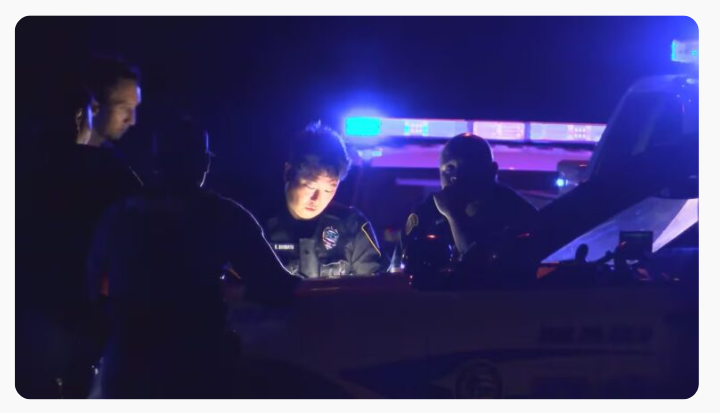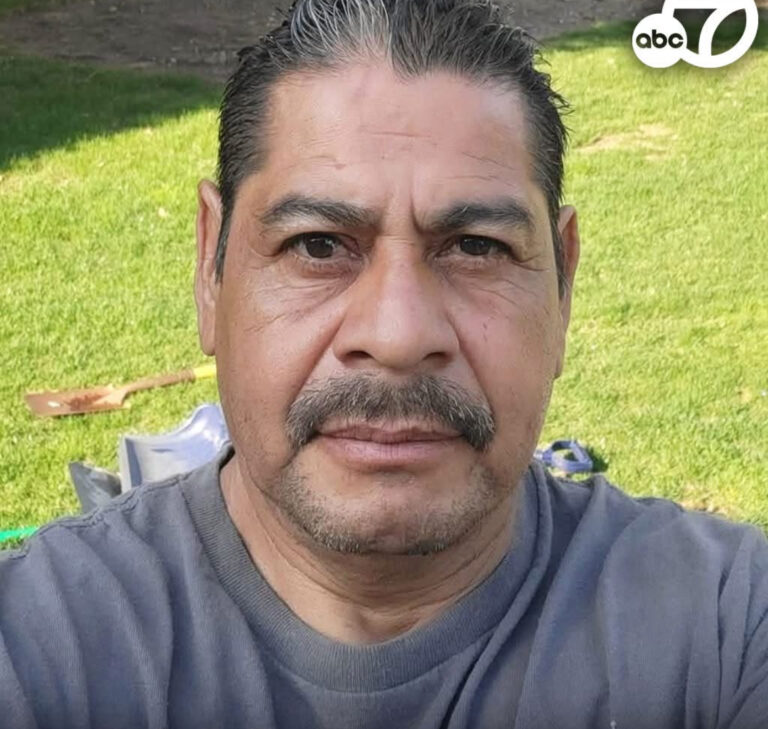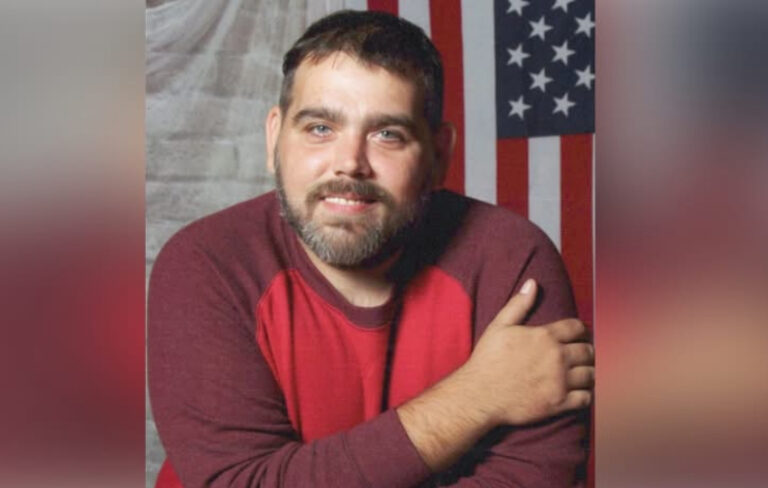Joe Nester Remembered: Community Mourns the Loss of DeLand Musician Who Turned Addiction Battles into an Anthem of Hope and Healing
DELAND, FL — A powerful voice has been silenced, and with it, a chapter in the hearts of thousands has come to a heartbreaking close. The death of Joe Nester, the DeLand-based musician whose deeply personal music gave voice to the pain, hope, and triumph of addiction recovery, has left fans, family, and the recovery community reeling in shock and sorrow.
For years, Joe stood as a beacon for people fighting battles others couldn’t see. His music wasn’t merely for entertainment—it was therapy, reflection, and a mirror to the lives of those walking a similarly treacherous path. With raw lyrics, haunting vocals, and an unfiltered honesty that made listeners feel seen and understood, Joe Nester had the rare ability to transform trauma into art that healed others.
Now, as news of his passing spreads, his fans—fondly known as “Nester Nation”—are grappling with a loss that feels both deeply personal and painfully collective.
A Journey Forged in Fire
Joe Nester was more than a singer. He was a survivor.
His story was well known to his followers—one of struggle, perseverance, and triumph. Joe openly battled addiction for years. His songs chronicled the darkness he once lived in and the steps he took to find the light again. He didn’t hide the scars of his past. He put them into his lyrics, into every note he played, every word he sang.
It was this vulnerability that drew people to him. In a world where so many feel invisible in their suffering, Joe’s music made them feel heard. His breakout songs, including “This Is Me” and “I’m Not Okay”, weren’t just tracks—they were anthems of survival, sung by someone who knew the pain intimately.
Joe’s concerts, whether in packed venues or online livestreams, felt more like family gatherings than shows. People cried, hugged, shared stories, and found courage in his words. And through it all, he stayed grounded, reminding his fans that healing was a journey—not a destination.
A Loss That Ripples Through Generations
News of Joe’s passing spread rapidly on social media. Tributes poured in by the thousands, not only from fans but also from fellow musicians, recovery advocates, and even people who had never met him but were touched by his work. Many credited him with saving their lives.
One fan wrote:
“I’ve been clean for two years because of Joe’s music. He made me feel like I wasn’t broken beyond repair.”
Another shared:
“Joe gave me hope when everyone else gave up on me. He showed me that my pain had a purpose.”
Across platforms, the heartbreak is palpable. Fans are posting photos from past concerts, handwritten lyrics tattooed on their arms, and screenshots of private messages in which Joe offered words of encouragement. For a man who sang openly about his battles, his death has reignited hard conversations about addiction, mental health, and the invisible burdens that artists so often carry.
Music as Medicine
Joe Nester’s discography reads like a memoir set to music. Each song, deeply autobiographical, told the story of a man clawing his way out of the darkness. He didn’t shy away from the hard truths—he welcomed them into his work.
His lyrics spoke of isolation, relapse, shame, and guilt—but also of redemption, strength, and grace. He sang about real-life moments: waking up in a jail cell, feeling the weight of withdrawal, standing in front of a mirror and not recognizing himself. But through all that pain, there was always a thread of hope—a promise that things could get better.
He had a gift for turning personal trauma into universal comfort. His songs weren’t just his stories—they became our stories.
A Voice for the Recovery Community
Beyond the music, Joe became a symbol in the recovery world. He partnered with sober living homes, spoke at events, and lent his voice to campaigns aimed at destigmatizing addiction and mental health struggles. He frequently visited rehab centers and shared his story with those in the early stages of recovery.
What made him different was his ability to relate. He wasn’t a distant celebrity preaching to the crowd—he was one of them. A man who had slept in alleys, cried in silence, and fought for every day of sobriety.
Many say that’s what made him special—he remembered what it felt like to be at rock bottom, and he never let others feel forgotten there.
A Deeply Personal Impact
Those who were close to Joe describe him as kind, deeply emotional, and committed to helping others. His humility remained intact despite a growing fanbase and international recognition in recovery circles.
He often shared behind-the-scenes moments: taking calls from fans struggling late at night, offering words of encouragement through direct messages, even giving up his own bed for someone in need. He once said in an interview that if he could help just one person make it through the night, then his work had meaning.
For Joe, music was never about fame. It was about connection. And now, in his absence, thousands are left holding the pieces of a man who gave so much of himself while quietly battling the shadows.
Remembering a Legacy
In the days since his death, candlelight vigils have been organized in multiple cities. Fans have gathered with guitars in hand, playing his songs and sharing stories. Digital tributes are ongoing, with playlists created in his memory and social media challenges encouraging people to share how his music changed their lives.
There is talk among fellow musicians and fans of putting together a tribute concert, with proceeds going toward addiction recovery centers—a cause Joe passionately supported.
His family, while understandably private in this time of loss, issued a statement thanking fans for their support and asking that Joe be remembered for the light he brought into the world.
A Message That Lives On
While Joe Nester may no longer be physically present, the message he shared through his music remains very much alive. His songs continue to offer comfort to those in the depths of despair. His story still reminds others that even the hardest battles can be survived—and that pain, when shared, can become a source of healing.
Addiction is an isolating experience, but Joe helped others feel less alone. He showed that recovery is messy, nonlinear, and deeply personal. He reminded people that it’s okay to not be okay. And most importantly, he proved that life after addiction is not only possible—it can be meaningful.
Moving Forward Without Letting Go
For those mourning Joe’s loss, the days ahead will be difficult. The grief is compounded by the abruptness of his passing and the emotional bond so many felt with him. But within that grief is also gratitude—a recognition that they were fortunate to witness his journey, to be inspired by his resilience, and to carry forward his message of hope.
There is a quiet, growing movement online: fans and recovery advocates committing to live more intentionally, to share their stories more openly, and to be there for others in their moments of need. In this way, Joe’s legacy continues—not only in the music he left behind but in the lives he helped reshape.
Final Words
The silence left by Joe Nester’s passing is not empty—it is filled with echoes of songs that once comforted, strengthened, and saved.
He was a man who dared to sing through his scars, to bare his soul in every lyric, and to walk beside strangers on the darkest parts of their journey. That kind of courage is rare. That kind of impact is eternal.
Though he is gone, his voice will continue to ring through speakers, across stages, and inside the hearts of those who believed because he once believed in them.











Leave a Reply